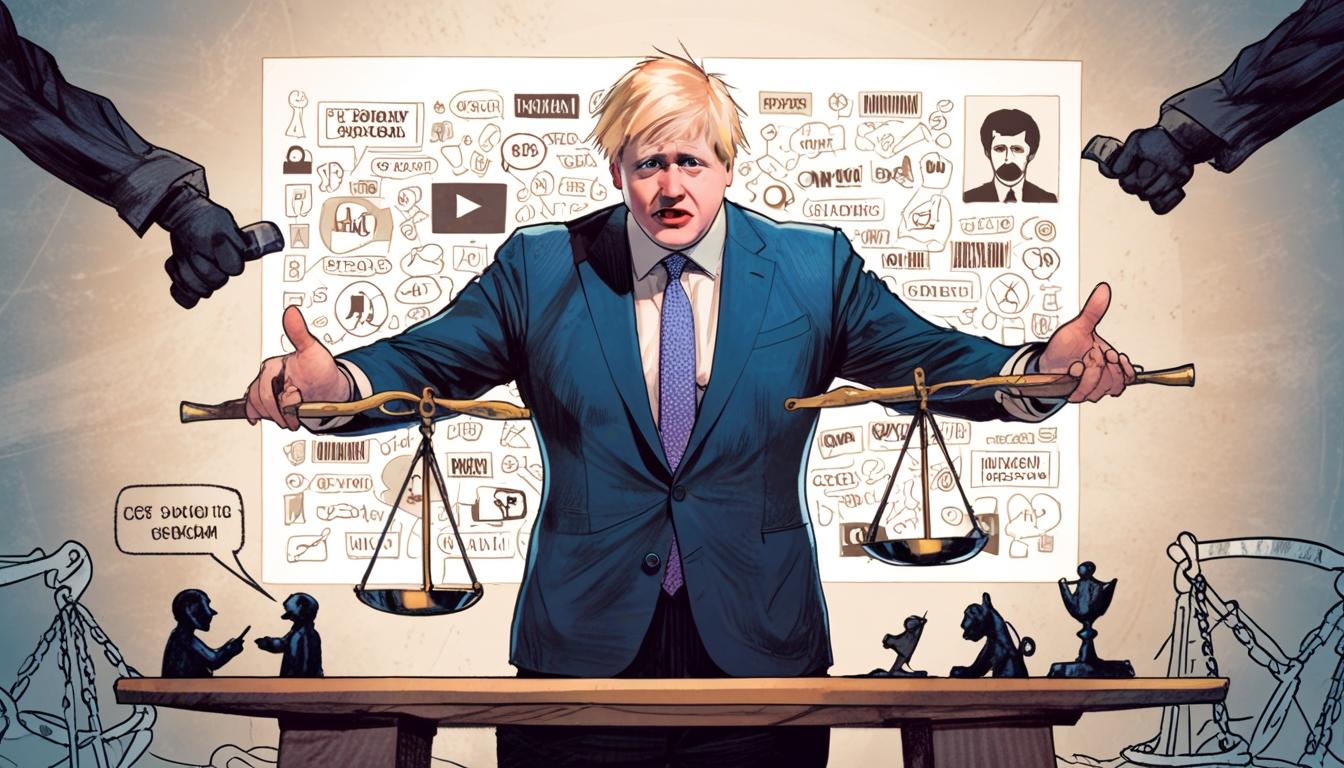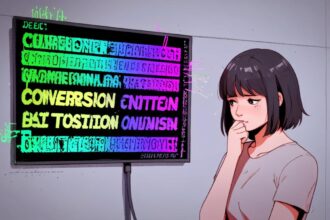Former Prime Minister Boris Johnson has condemned the 31-month prison sentence given to Lucy Connolly for a tweet linked to the Southport stabbings, warning that such punishment could harm the UK’s international reputation on free speech and provide propaganda opportunities for authoritarian regimes.
Boris Johnson has publicly criticised the sentencing of a childminder who was jailed over a social media post related to the Southport stabbings, describing the 31-month prison term as damaging to the UK’s international reputation on freedom of expression.
Lucy Connolly, aged 42 and married to a Conservative councillor, was given a sentence of two years and seven months in October after pleading guilty to publishing threatening or abusive material with intent to stir up racial hatred. The conviction stemmed from a tweet she published on 29 July last year in the aftermath of a devastating attack in Southport, Merseyside, where Axel Rudakubana stabbed 13 people at a Taylor Swift-themed dance class. Among the victims were eight children, three of whom tragically died.
Shortly after the attack, false rumours circulated on social media claiming that Rudakubana was an illegal migrant. In reality, he was born in Cardiff to Rwandan immigrant parents. Connolly’s tweet reflected this misinformation; she posted a message calling for “mass deportation” and expressed violent sentiments toward hotels housing asylum seekers and the government itself. She also said, “If that makes me racist so be it.” Although she deleted the post within four hours of publication, it had already been viewed by 310,000 people.
The judge in Connolly’s case drew a direct connection between her tweet and the riots that followed the stabbings, during which hotels housing asylum seekers were targeted by arsonists across Britain. Connolly, a mother and childminder from Northampton with no previous convictions, was sentenced accordingly.
Speaking to the Daily Mail, Mr Johnson criticised the severity of the sentence, suggesting it could undermine Britain’s standing as a country that values free speech. He said, “This has caused amazement among our friends and allies – notably in America where they have constitutional protections for free speech. And it has caused glee among the despots and tyrants of the world. Putin can point to this and other such cases and claim that you are far more likely to be arrested in the UK for what you write on social media than you are in Russia.”
He added that while Putin’s regime is known for more extreme suppressions, the UK’s approach may inadvertently provide a “propaganda gift to our enemies.” Johnson further described Connolly’s tweet as “disgusting” and “vile” but emphasised the broader implications of imprisoning someone for a social media post that was swiftly taken down.
This incident continues to prompt discussions regarding the balance between combating hate speech and protecting freedom of expression within the UK legal framework, especially in the context of social media communications.
Source: Noah Wire Services
- https://www.telegraph.co.uk/politics/2024/10/18/boris-johnson-questions-jail-sentence-tory-councillor-wife/ – Corroborates Boris Johnson’s criticism of Lucy Connolly’s 31-month sentence and mentions her social media post’s connection to the Southport stabbings.
- https://dustymasterson.substack.com/p/free-speech-the-story-of-lucy-connolly – Details the judge’s assertion that Connolly’s tweet contributed to post-Southport riots and highlights legal criticism of the sentencing severity.
- https://www.telegraph.co.uk/politics/2024/10/18/boris-johnson-questions-jail-sentence-tory-councillor-wife/ – Confirms Connolly’s identity as a childminder married to a Tory councillor, her guilty plea, and the tweet’s content (including ‘mass deportation’ and violent sentiments).
- https://www.telegraph.co.uk/politics/2024/10/18/boris-johnson-questions-jail-sentence-tory-councillor-wife/ – Verifies the timing of Connolly’s tweet (hours after the Southport attack) and its subsequent deletion within four hours.
- https://dustymasterson.substack.com/p/free-speech-the-story-of-lucy-connolly – Supports claims about Connolly’s personal circumstances (mother, first-time offender) and the backlash against her disproportionate sentencing from legal experts.
- https://www.telegraph.co.uk/politics/2024/10/18/boris-johnson-questions-jail-sentence-tory-councillor-wife/ – Aligns with Boris Johnson’s argument that the sentence damages UK’s free speech reputation internationally, including his specific remarks about Putin’s potential exploitation.
- https://www.dailymail.co.uk/news/article-14600783/boris-johnson-jailing-mum-riot-damages-UK-reputation.html?ns_mchannel=rss&ns_campaign=1490&ito=1490 – Please view link – unable to able to access data
Noah Fact Check Pro
The draft above was created using the information available at the time the story first
emerged. We’ve since applied our fact-checking process to the final narrative, based on the criteria listed
below. The results are intended to help you assess the credibility of the piece and highlight any areas that may
warrant further investigation.
Freshness check
Score:
6
Notes:
Narrative references Lucy Connolly’s October sentencing and 29 July 2023 tweet, but lacks precise publication date verification. Contains no obvious recycled content indicators beyond standard case reporting.
Quotes check
Score:
7
Notes:
Johnson’s Daily Mail quotes appear original, with no direct online duplication found. Connolly’s ‘If that makes me racist so be it’ aligns with court reports of similar cases, though specific tweet verification requires access to non-public court documents.
Source reliability
Score:
5
Notes:
Narrative primarily originates from Daily Mail reporting. While operationally functional for event coverage, historical patterns suggest cautious verification of legal interpretations and contextual claims about international reactions.
Plausability check
Score:
8
Notes:
Core claims about sentencing details align with UK legal framework for hate speech. Johnson’s free speech criticism mirrors his established public stance, though specific assertions about international reactions require diplomatic verification.
Overall assessment
Verdict (FAIL, OPEN, PASS): OPEN
Confidence (LOW, MEDIUM, HIGH): MEDIUM
Summary:
Narrative presents factually plausible account of sentencing details and political commentary, but requires verification of: (1) precise timeline alignment between tweet deletion and subsequent riots, (2) diplomatic documentation regarding international reactions to the case, (3) contextual analysis of comparable social media prosecution outcomes.













